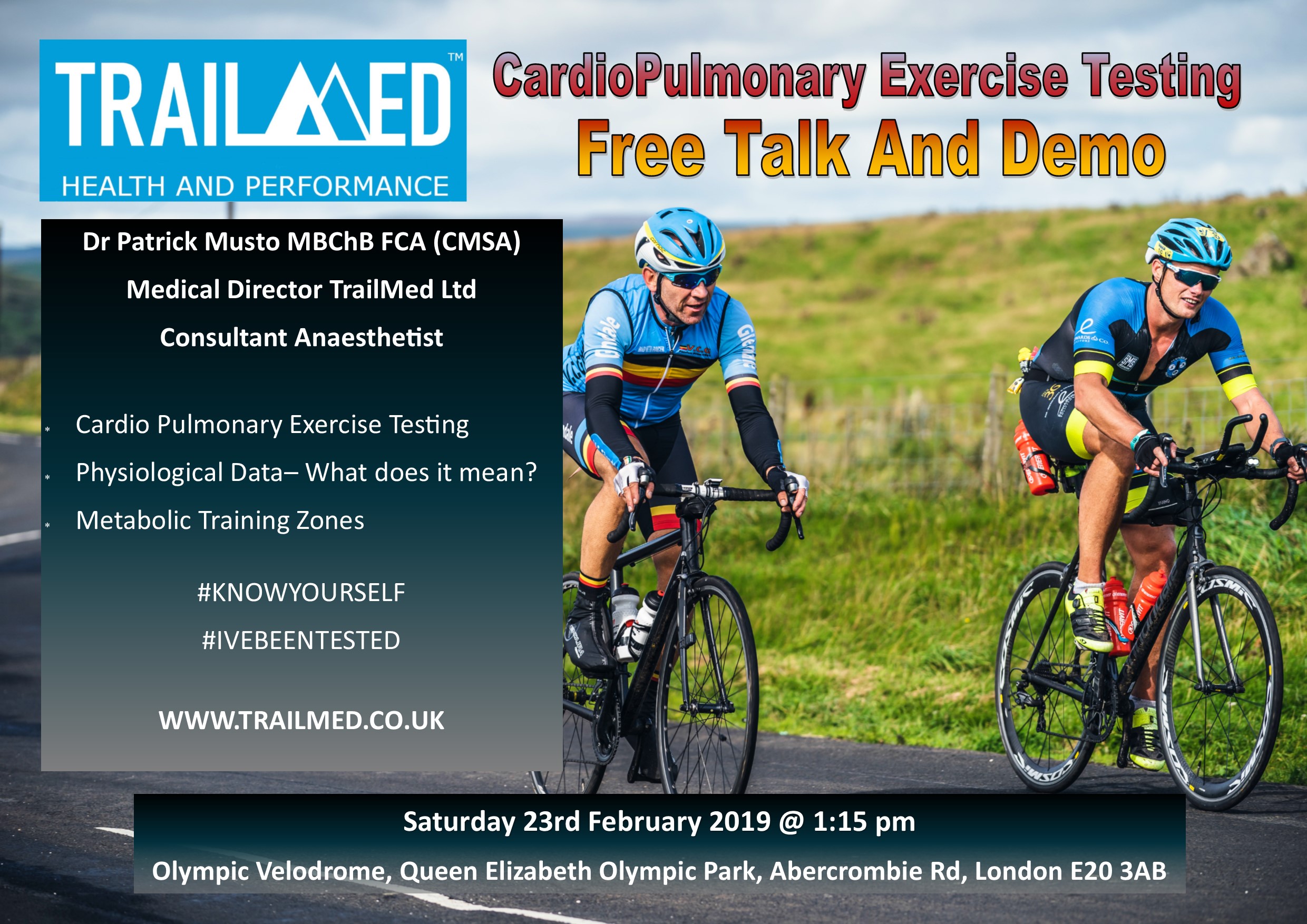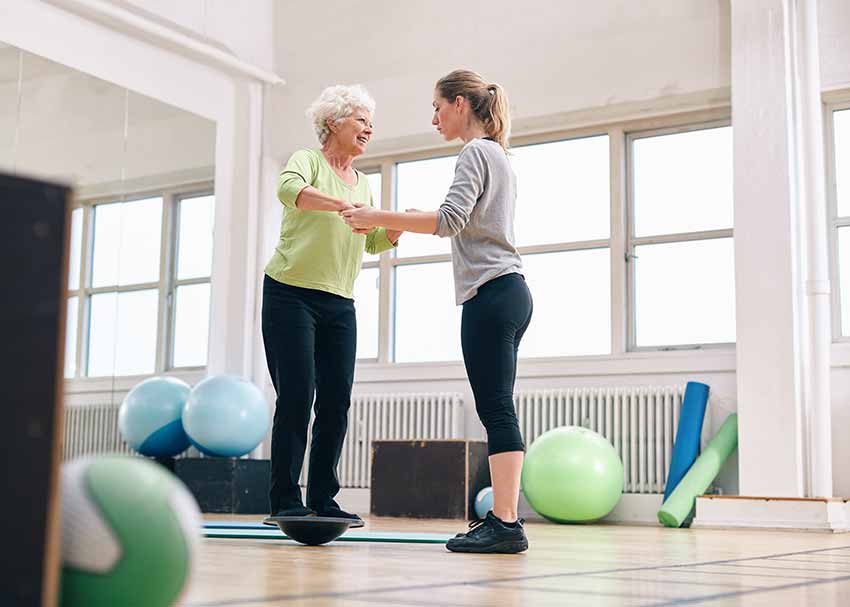Your proprioception capabilities can be impaired when joints are injured, such as with ligament sprains. When you lose proprioception of your joint after a sprain, you may experience an unstable sensation of the joint. The most common symptom of reduced proprioception is poor balance.
The Proprioceptive System is made up of receptor nerves that are positioned in the muscles, joints and ligaments around joints. The receptors can sense tension and stretch and pass this information to the brain where it is processed. The brain then responds by signalling to muscles to contract or relax in order to produce the desired movement. Following injury to joints and ligaments the receptors are also damaged, which means the information that is usually sent to the brain is impaired. This can leave the person prone to re-injury, or decrease their coordination during sport.
Proprioceptive and balance exercises teach your body to control the position of a deficient or an injured joint. A common example of a proprioceptive or balance exercise is the use of a wobble board after an ankle sprain. The unpredictable movements of the wobble board re-educates your body to quickly react to the wobbly movements without having to think about these movements. That is, your natural balance and proprioceptive reactions make the transition from a conscious to a subconscious state. A quality subconscious proprioception and balance system is important in everyday life and particularly in sport.


